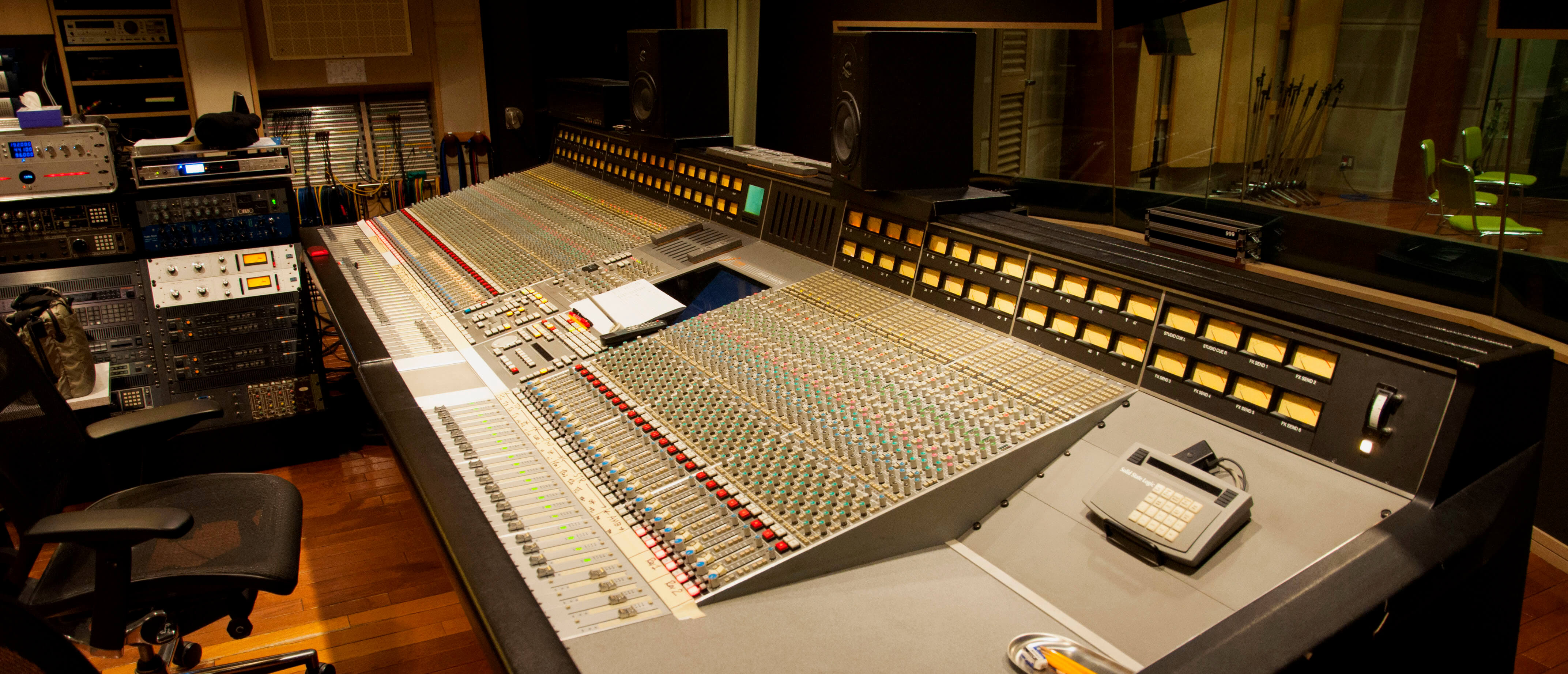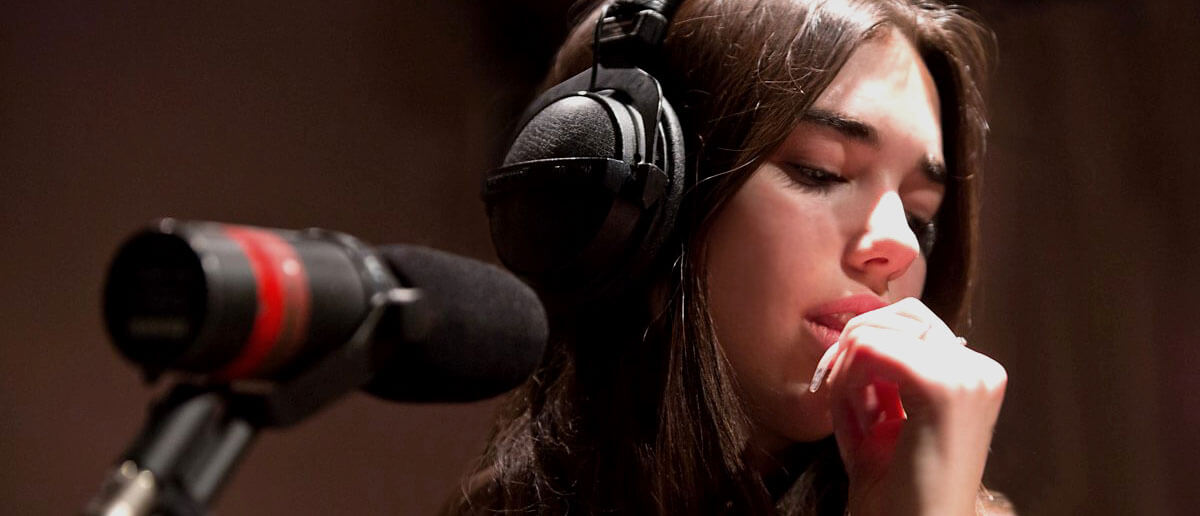Digging into Additional Production on a UK Top 20 Single
World class Producer, Mixer and Songwriter Jay Reynolds talks us through the intricacies of the additional production process for commercial releases. Learn how Dua Lipa's 'Hotter than Hell' evolved from a studio production to become a label-approved release quality single.

Earlier this week we caught up with Jay Reynolds, producer, mixer and songwriter whose credtis include many UK and worldwide chart topping records. Jay told us his favourite part of the music production process is working on Additional Production. Read on to find out what additional production is, where and how it comes into play in the production cycle. Jay also talks to us about his recent success with Dua Lipa's single 'Hotter than Hell'.
Do you see additional production as something that can be scaled to all skill levels, or do you think it is limited only to higher-tier or major label projects?
I think additional production has its place whenever it's needed. In the pop genre, the writing demo can end up forming large parts of the finished productions. It's just a case of up scaling the whole thing into a releasable record that everyone is happy with. Between the artist, label, management, writers and producers, there's a lot of opinions to take into account, sometimes my job is to pull everything together in one place. There may be a few versions that need combining by taking good bits from each, or adding live instruments to enhance what's there. It's really is case by case.
In your line of work, do you feel your decisions are purely creative or are there any technical considerations you need to take into account? Do you work closely with the producer or are you simply given a brief you work to?
I would say the technical side is as important at this stage. The track already has an identity and the label and managers will be thinking it has potential, but needs finishing. There's a lot of vocal tuning, checking timing, cleaning up noise, but also making sure there's dynamics between each section and that the chorus has impact and enough hooks.
Let's say I'm given an album track that has been ear-marked for a single, I'll be sent the Pro Tools parts with a brief. I'll work on some ideas (technical or creative) to come up with a version to play the label and managers based on the brief. We'll then go through comments and ideas until we have a version they are happy to present to the artist (who may have contributed to the brief) at which point we work on their comments too to create a finished mix.
When working on additional production, you obviously add to the creative process. Does this include altering the original material, in line with the creative direction, or is it strictly adding to what is already there?
Both really, whatever gets it finished, straying too far from the original production too early can be off-putting, so it's best to do things in stages and present ideas rather than overhauling everything in one go.
Thinking of ‘Hotter than Hell’ by Dua Lipa, can you tell us what you added to the production? Are there any elements that you think had the most creative impact on the song?
We worked on Hotter Than Hell for over a year. It went back and forward to the producer in Canada a few times. I added the filter synths that build to create the impact when the chorus drops and changed the arrangement in a few places to help the dynamics. I added a bell synth riff towards the end which adds interest. There were a few versions to combine together especially vocal recordings, the demo recording had a good feel about it but I think lyrics changed so the vocals were re-recorded.
Do you have any go-to instruments, hardware units or techniques that you can share with our readers?
I've pretty much got something to cover all bases. Every time I needed something for a new project, I bought it, so over the years I've just collected real instruments, plugins, soft synths, microphones, compressors, amps, percussion etc. so now I can work on any genre of music.
I do a lot of A/Bing to make sure things are progressing not going backwards. Even checking earlier mixes sometimes [for example], the bass may be loud in an old mix, but because you've been working on turning the guitars or something else up it may not sound as good now. Refreshing your ears to where you before were can be helpful or just listening to other people’s mixes for sonics. Is my mix brightor bassy? Is snare cracking through? Are the vocals loud enough... and so on. Also, don't spend 18 hours straight on a mix/project! I think it's more about hearing it fresh as many times as you can. Keep coming back to it until the bulk of the mix works, then it's all in the final details. That's when comments from artist, label, manager will take over.
Lastly, where do you see the future of the industry from a producer’s point of view?
I don't really think it will change much from here, you already have the technology to make music anywhere. Most producers/writers have their own small studios to record vocals and program music. I think it's more about the skill set needed to create a releasable record. I think the way music is commissioned and released will definitely be more independent and privately funded, it's the labels that will get side stepped more and more.


